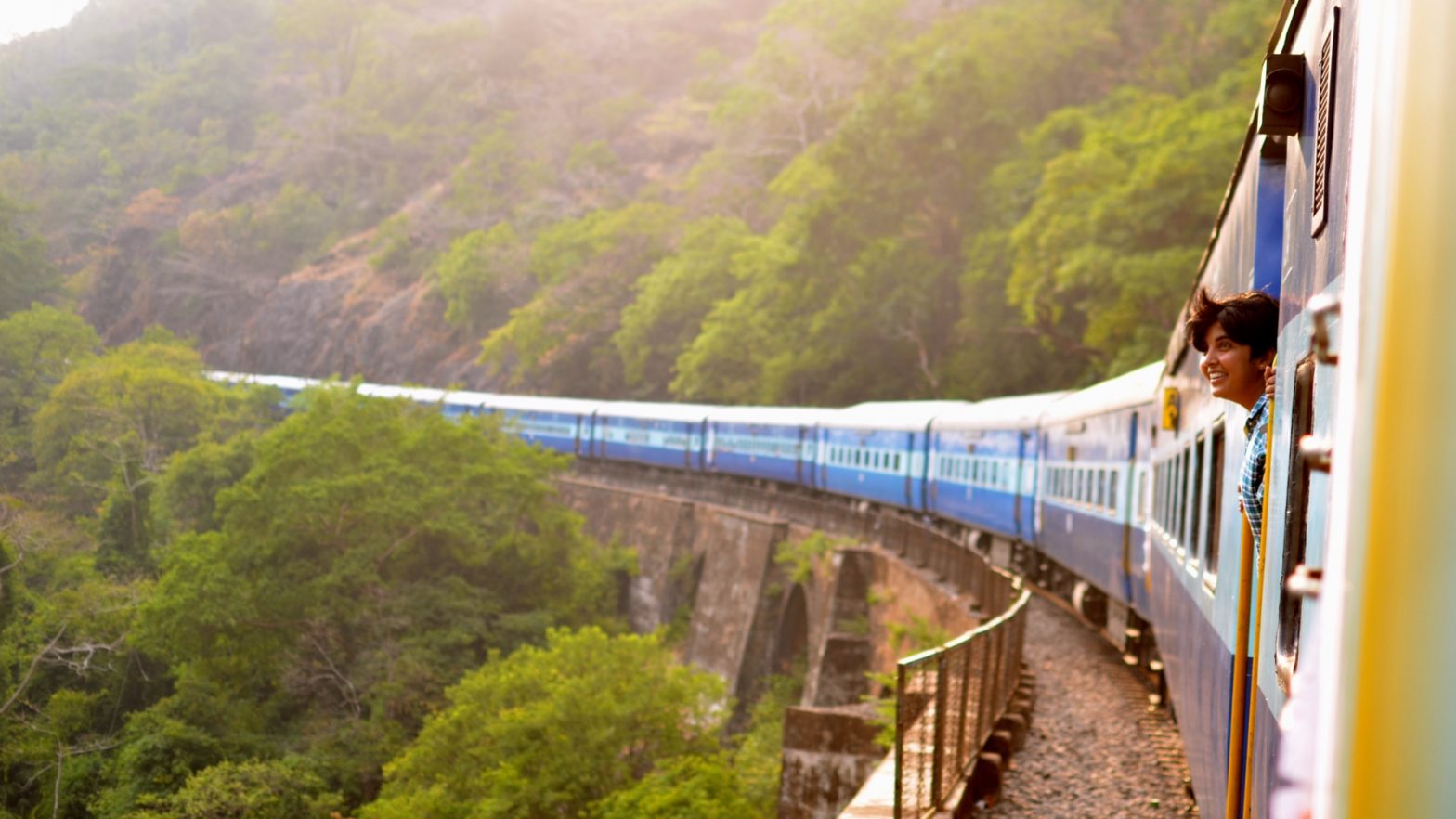IURC Asia & Australasia Partner Country: India
Country Description:
With a land area of more than 3.28 million km², India is the second most populous nation of the world with a population of around 1.4 billion. The country is predominately rural but experiences significant growth in urban population; moving India to a quasi-urban society at a rapid pace. Currently there are 41 cities with a population of more than 1 million. Between 2001 and 2011 the urban population grew by 28%, while the annual increase in the urbanisation degree is 4%. It is expected that the number of people living in urban areas will exceed the number of people living in rural areas sometime between 2040 and 2050.
India has implemented a number of successful urban initiatives including the Atal Mission for Rejuvenation and Urban Transformation (AMRUT) to ensure the availability of basic services (e.g., water supply, sewerage, urban transport) for urban areas (and especially the disadvantages population), the Smart Cities Mission that aims at making cities smart, citizen-friendly and sustainable, as well as the Swachh Bharat Mission, which focuses on universal sanitation coverage. More recently, the ClimateSmart Cities Assessment Framework serves as a tool for cities to assess their climate situation and provides a roadmap to adopt and implement relevant climate actions. This initiative has been framed with 30 diverse indicators across five categories.
The ongoing urban revolution offers the country a great opportunity for economic, social and ecological transformation. Consequently, there is a need to improve urban conditions. Benefiting from EU experience in sustainable urban development and recognising India’s political will to tackle long-lasting urban grievances, the EU and India have been working together on issues such as infrastructure, mobility, solid waste management and water management.
Previous EU-India City Cooperation:
Ten EU-India city pairings were developed during the IUC programme, as well as one Indian city independent activity. Topics of cooperation ranged from smart parking solutions to waste management, water management, heritage conservation, green areas and a public bike sharing system.
Surat closely cooperated with Rotterdam to implement a pilot project on the creation of a multipurpose water plaza. The proposed water plaza will contain the excess water during monsoon but will also enable the authorities to use this site for immersion of holy idols of lord Ganesha during festive seasons. During other seasons of the year, the pilot site can be utilised for recreational activities by the citizens of Surat. A Detailed Project Report is under review.
Panaji is working with Dubrovnik regarding a smart parking solution. IUC/India developed in cooperation with both cities a detailed report on “Smart Parking Solution at a Pilot Site in Panaji.” The objective is to implement the pilot in the city centre area, which is currently under pressure from traffic and parking related issues. The study has been reviewed by the city of Panaji, a meeting with EU technology providers took place (after which they submitted technical and financial proposals), while IUC India is examining financial opportunities for the pilot.
Leh, the Himalayan city of India, worked with the Greek cities of Trikala, Farkadona and Meteora on sustainable tourism. Leh is a touristic city but faces challenges concerning its limited resources and service delivery, including waste management and mobility. The city wishes to strike a balance between promoting tourism and conserving its natural resources. A report regarding interventions on mobility, solid waste management, water management and branding was developed.
For more information on the Indian cities’ involvement in the IUC programme, please visit the IUC India website.
